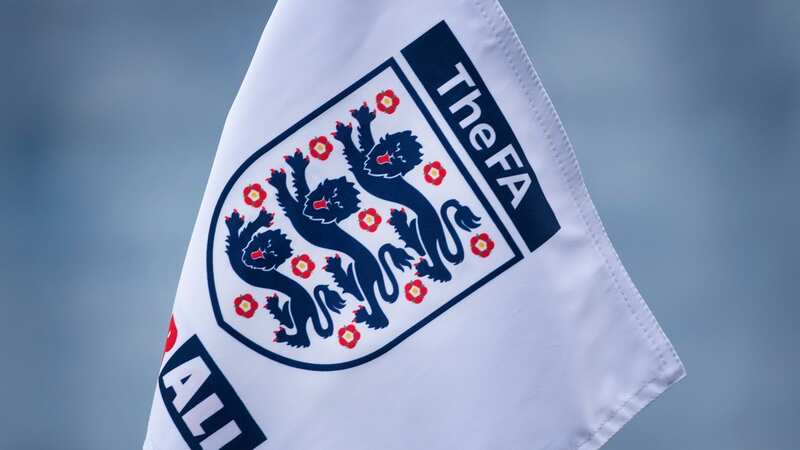FA study confirms dangers of heading a ball amid promise of "real-world changes"

Scientific research has proven that repeated heading DOES raise the risk of degenerative brain disease.
The latest FOCUS study carried out by the University of Nottingham was commissioned by the Football Association and Professional Footballers' Association and proves beyond doubt the dangers of heading a ball.
Scientists investigated heading frequency and risk of cognitive impairment in retired male professional players and the findings represent further evidence of a direct link between repeated heading and brain impairment in later life. Former players who recalled heading the ball between six and 15 times in a match were found to be 2.71 times more likely to show symptoms of impairment than those who headed a ball less often.
FA chief executive Mark Bullingham said: "This study is another step in understanding any potential link between neurogenerative disorders and former professional footballers.
"As we work to gain a greater understanding of the medical research, we will continue to take a leading role as the governing body in reviewing the safety of our game and addressing potential risk factors which may be associated with football.
 EastEnders' Jake Wood's snap of son has fans pointing out the pair's likeness
EastEnders' Jake Wood's snap of son has fans pointing out the pair's likeness
"These include the removal of heading from training for primary school age children and recommendations on limits for all ages. We are also trialling the complete removal of heading in U12 football."
PFA chief executive Maheta Molango added: "This study supports existing evidence highlighting footballers' increased vulnerability to cognitive decline in their later years. It will continue to be vitally important to build the knowledge base and understanding of this relationship so that effective action and interventions can take place.
"That means real-world changes in training practices and matchday protocols to protect the wellbeing of players, but also the ways in which former players can be supported."
The FA is under huge pressure to continue funding research into the dangers of heading a ball. Jeff Astle, who passed away of dementia aged 59 in 2002, was later confirmed as the first British footballer to have died from chronic traumatic encephalopathy (CTE).
CTE is a progressive, degenerative brain disease found in individuals - often athletes - with a history of head injuries. West Brom hero Astle suffered repeated low-level brain traumas, with doctors believing this was caused by the repeated heading of a football.
The Jeff Astle Foundation was launched in 2015, with Alan Shearer investigating the link between football and dementia in a BBC documentary two years later. "This isn’t a broken leg or a metatarsal injury or arthritis later in life," Astle's daughter Dawn told GOAL last year. "This is catastrophic brain damage that is going to kill you. We have no cure, so football needs to get a grip and start putting things in place to protect players."
Several legendary footballers have been diagnosed with dementia in recent years. 1966 World Cup winners Peter Bonetti, Jack Charlton, Martin Peters, Ray Wilson and Nobby Stiles all developed dementia before passing away. A sixth member of that England squad, Bobby Charlton, is currently suffering from the disease.
Read more similar news:
Comments:
comments powered by Disqus

































